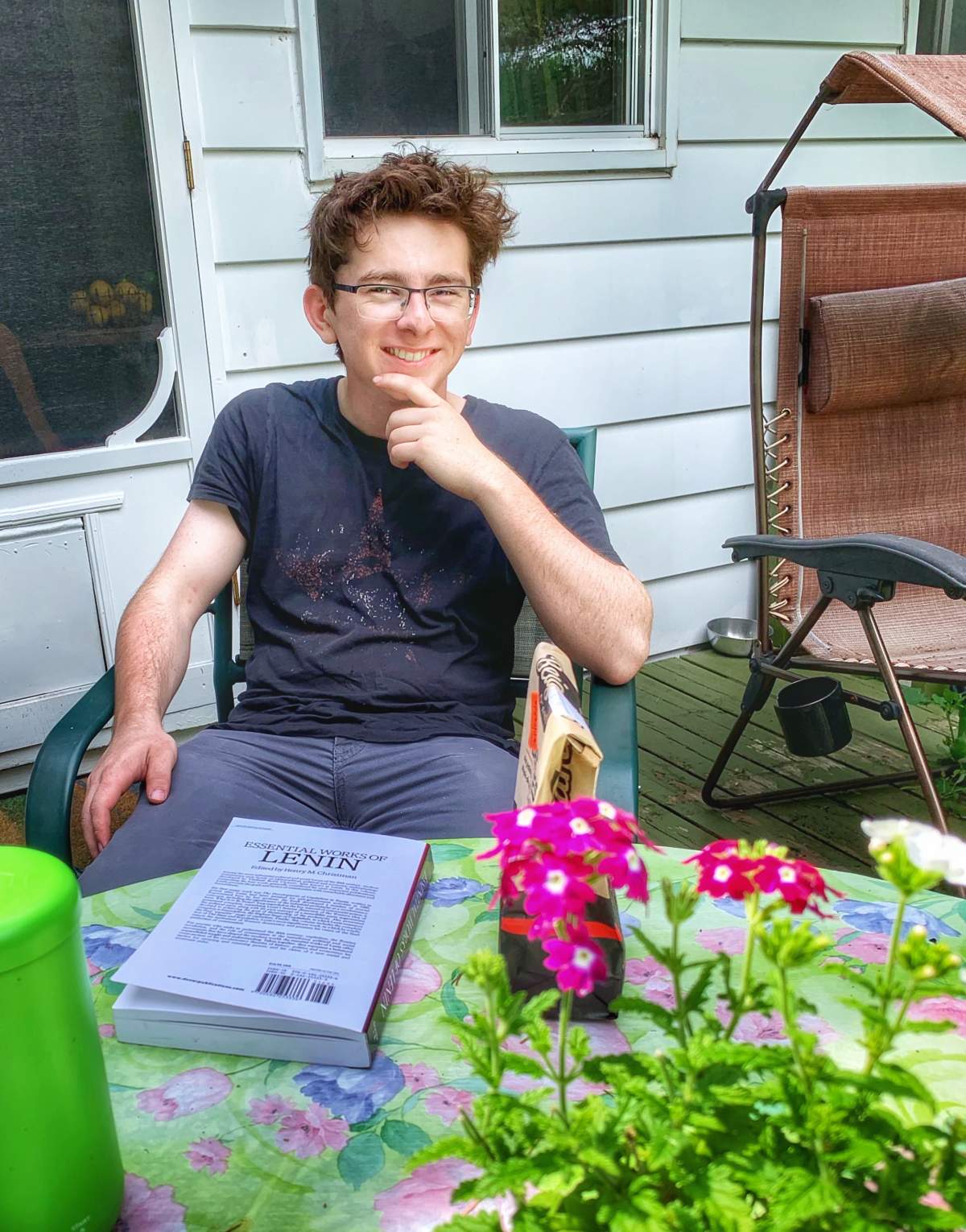Archie MacIsaac-Vacon turned 19 in May. He was about to start an engineering degree at Concordia University in September, but instead his parents had to bury him earlier this month, after he died of a fentanyl overdose.

Now, his family is on a mission to make fentanyl test strips and the antidote Naloxone more accessible.
“The one life we would have loved to have saved is lost to us,” said Archie’s father, Rob MacIsaac.
“And if there are some kids out there that will survive this year that otherwise wouldn’t, that’s great.”
Archie was an overachiever on many fronts. His father describes him as a voracious reader who excelled at everything he set his mind to. From reading to golfing to caring for injured animals, he thrived and loved helping others.
“I did a degree in philosophy and he outstripped me in every way in my field,” MacIsaac told Global News. “His friends say the same thing, like stuff that they loved he would learn about and know so much more than them.”
His mother recalls her painfully shy son’s first experience at sleep-away camp, saying how excited he was to come home and share that he had “cubed his number of friends from two to eight,” and that the number continued to grow exponentially throughout high school.
- Khamenei’s death met with ‘jubilation’ among Iranian-Canadians: Liberal MP
- ‘At first I cried’: How Iranian Canadians are reacting to the U.S. strikes in Iran
- Iran begins search for new leader; U.S. military says 3 service members killed
- Queen’s University students stranded in Doha after Iran attack shuts down airspace
“He was such a good friend,” said his mother, Charlene Vacon. “He had tremendous compassion.”

Get weekly health news
But one thing Archie was not, according to his parents, was a risk-taker. The son of a paramedic, he knew just about everything there was to know about the dangers of fentanyl and other drugs. But for some reason, on the night of June 29th, the bright young man made one bad decision and dropped dead at 2 a.m.
Archie had been awake for 20 hours by that point and his parents suspect he was looking for something to keep him awake.
“When he was found, Archie had a baggie of white powder on him,” said his mother, who was later told by police that it contained traces of fentanyl.
“God, if he had gone around the corner to the pizza place and bought a Red Bull, it would be so much better.”
His family is now calling on Quebec public health officials to do more by making test strips readily available. They’re also calling on bar owners to have the antidote Naloxone on hand and take all possible preventative measures.
“I trained and worked in multiple jurisdictions in Canada and the U.S.” Vacon said. “How did I not know that Fentanyl test strips are available on Amazon? I don’t know.
“This is why I’m asking public health to step up a bit.”
A scholarship fund has been set up in Archie’s name in the hopes that he will be remembered as the shining star he was.
“He was really, really smart,” said his 17-year-old brother, Angus. “Not only should we be sad, but the whole world should be because he would have done great things with what he had.”
According to Quebec’s Health and Social Services ministry, Naloxone has been available for free in pharmacies since 2017.
“More than 7,500 kits were handed out by pharmacies in 2018,” said ministry spokesperson Noémie Vanheuverzwijn.
WATCH: (Nov. 7, 2018) McGill students learn to save lives

As for test strips, Montreal public health presented an action plan for better access in March, but has yet to unveil new measures. Widening access to test strips is something the ministry will look into.
As for deaths, “Fentanyl was found in 72 per cent of accidental deaths linked to the consumption of opioids in Canada, compared to 20 per cent in Quebec” said Vanheuverzwijn.







Comments
Want to discuss? Please read our Commenting Policy first.